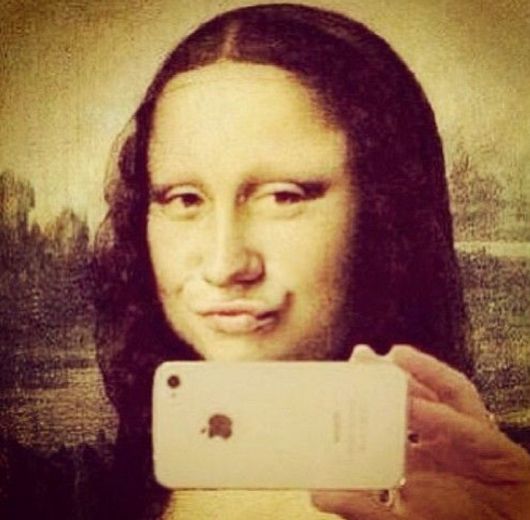A selfie is a micro-crisis in self-confidence as captured by one’s personal (phone) camera, and posted on various social media platforms, with the purpose of achieving an immediate sense of fulfilment and restoration of one’s self-esteem, by appealing to others’ sense of self-pity, resentment, or irritation.
Now, superficially speaking, the liker of a selfie symbolically acknowledges the right of someone else to pursue happiness and enjoy a much-needed moment of self-approval.
At a more careful look, however, we will discover that if the liker is not bound by some social obligation, parental love, or sexual desire, the reason behind liking a selfie has to be sought in psychological terms. Take, for instance, a trivial psychological defensive mechanism, such as reaction formation (that is, when someone feels an urge to do or say something, but ends up doing or saying the opposite of what one really wants). It is quite a common phenomenon during a passive-aggressive episode.
As far as the liker is concerned, the process goes like this: liking a micro-crisis in one’s self confidence is a micro-gesture of momentary self-sacrifice, followed by an immediate need to restore the balance: the liker, overwhelmed by self-pity – which is nothing but a peak of self-referentiality – will soon come back with a selfie of his own.
We can thus safely say that selfies generate more selfies.
It is what we might call a self-sustaining chain reaction motivated by vanity, guilt, and altering states of low and high self-esteem rolled on a narcissistic background.
Now smile, it was a joke.
(Foto: pinterest.com)

